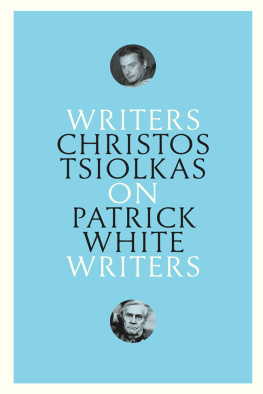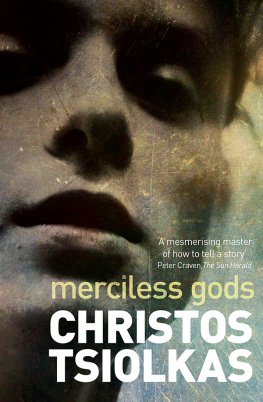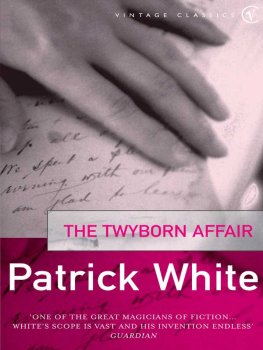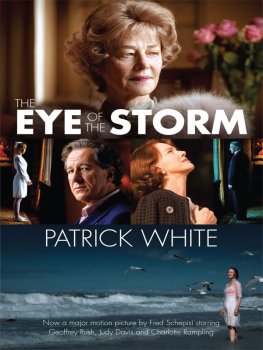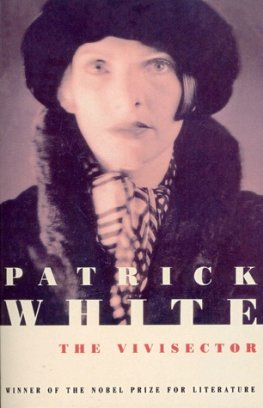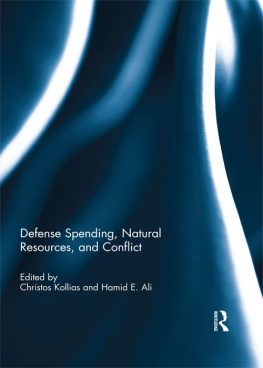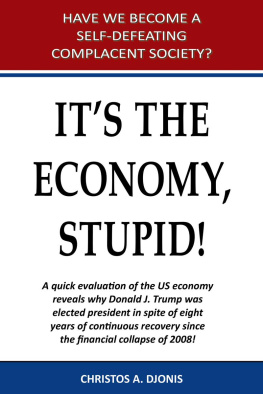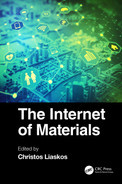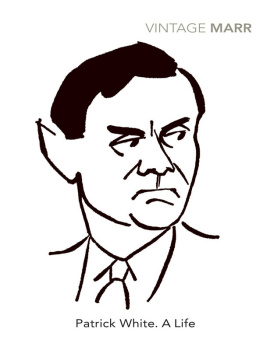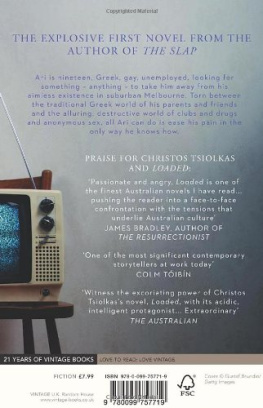Christos Tsiolkas - On Patrick White
Here you can read online Christos Tsiolkas - On Patrick White full text of the book (entire story) in english for free. Download pdf and epub, get meaning, cover and reviews about this ebook. year: 2018, publisher: Black Inc., genre: Art. Description of the work, (preface) as well as reviews are available. Best literature library LitArk.com created for fans of good reading and offers a wide selection of genres:
Romance novel
Science fiction
Adventure
Detective
Science
History
Home and family
Prose
Art
Politics
Computer
Non-fiction
Religion
Business
Children
Humor
Choose a favorite category and find really read worthwhile books. Enjoy immersion in the world of imagination, feel the emotions of the characters or learn something new for yourself, make an fascinating discovery.
- Book:On Patrick White
- Author:
- Publisher:Black Inc.
- Genre:
- Year:2018
- Rating:5 / 5
- Favourites:Add to favourites
- Your mark:
- 100
- 1
- 2
- 3
- 4
- 5
On Patrick White: summary, description and annotation
We offer to read an annotation, description, summary or preface (depends on what the author of the book "On Patrick White" wrote himself). If you haven't found the necessary information about the book — write in the comments, we will try to find it.
On Patrick White — read online for free the complete book (whole text) full work
Below is the text of the book, divided by pages. System saving the place of the last page read, allows you to conveniently read the book "On Patrick White" online for free, without having to search again every time where you left off. Put a bookmark, and you can go to the page where you finished reading at any time.
Font size:
Interval:
Bookmark:
Published in partnership with


Published by Black Inc.
in association with the University of Melbourne and State Library Victoria.
Black Inc., an imprint of Schwartz Publishing Pty Ltd
Level 1, 221 Drummond Street, Carlton VIC 3053, Australia
State Library Victoria
328 Swanston Street, Melbourne VIC 3000, Australia
www.slv.vic.gov.au
The University of Melbourne
Parkville VIC 3010, Australia
www.unimelb.edu.au
Copyright Christos Tsiolkas 2018
Christos Tsiolkas asserts his right to be known as the author of this work.
ALL RIGHTS RESERVED.
No part of this publication may be reproduced, stored in a retrieval system, or transmitted in any form by any means electronic, mechanical, photocopying, recording or otherwise without the prior consent of the publishers.
9781863959797 (hardback)
9781743820483 (ebook)

Cover and text design by Peter Long
Typesetting by Marilyn de Castro
Photograph of Christos Tsiolkas: Simon Schluter/Fairfax Media
Photograph of Patrick White: John Lamb/Fairfax Media
In memoriam,
and with gratitude to,
Jaroslav Havir
Those who are doomed to become artists are seldom blessed with equanimity. They are tossed to drunken heights, only to be brought down into a sludge of headachy despair; their arrogance gives way to humiliation at the next curve of the switchback. This applies particularly to artists of the theatre. Most children have theatre in them. Those who carry it over into adolescence and, more or less, maturity, commit the ultimate indecency of becoming professional actors. If I didnt go all the way, I became instead that far more indecent hybrid, a frustrated one. Sexual ambivalence helped drive me in on myself. Lacking flamboyance, cursed with reserve, I chose fiction, or most likely it was chosen for me, as the means of introducing to a disbelieving audience the cast of contradictory characters of which I am composed.
Flaws in the Glass
A QUESTION
I t is 2015 and I am on a panel at the Cheltenham Literature Festival in England alongside two other Australian writers, Bill Granger and Kathy Lette. The theme of our conversation is Australia itself, our culture and our writing, and, as so often happens when antipodeans try to make sense of down under for a British audience, the discussion is halting, superficial. I am sweating, uncomfortable onstage, aware that although there are so many things I want to say that are critical of my country of our complacency, our parochialism, our immaturity in addressing the legacies of racism, our sordid and degrading contemporary politics I am finding myself defensive, even antagonistic.
Not ten minutes ago, while trying to relax in the green room and getting to know my fellow panellists, I had been reciting silently to myself the list of negatives that I felt duty-bound to convey to the audience. But now, in front of the crowd, I am struggling to make myself understood. I am happy to rant against my nation, but I dont want these Europeans to lord it over us, me, we Australians on the stage. I want their continent to take responsibility for the colonial history that spawned us. But I hear myself sounding petulant and feel guilty that I am undermining the good humour of my fellow panellists. I can almost pick up the murmur from the crowd: That Aussie sure has a chip on his shoulder.
Its during question time that a member of the audience throws me a lifeline. Christos, what do Australians think of Patrick White these days? he asks. And now my response is immediate and sure. I have only just finished reading Whites The Tree of Man and the writing remains vivid, as if grafted to my memory. I express as best as I can how deeply affected I have been by the novel, that it accomplishes so much of what we writers wish to do and so seldom achieve: the power and intensity of timelessness. It is, I say, one of the great novels, and my statement doesnt require the qualification of that lousy adjective Australian. It is one of the great works of literature. And although I disavow the need for the qualifier, the scents and sounds, the speech and syntax, the brutality and beauty of my continent permeates the writing. I cant answer for all Australians, I conclude by saying, but I do feel a certain shame that it has taken me so long to come to this book.
I dont think my answer satisfied him.
Months after returning home, I find myself going back to the mans question, to puzzle over it and try to make sense of it. By now I am completely immersed in Whites writing. On New Years Eve I had made a resolution to spend all of 2016 reading the mans work. Before this, I had tried to read Voss in high school, and as a young man had read The Twyborn Affair. I had seen a production of Whites play The Ham Funeral and I had read his short stories. Also while in high school, I had watched the film The Night the Prowler, scripted by White and directed by Jim Sharman. (I maintain that the film is criminally neglected to this day.)
So it wasnt that White was unknown to me, nor that I bore him any particular resentment or suspicion. But by the end of 2016 I knew that the man had written three of the greatest novels of the twentieth century: The Tree of Man, The Solid Mandala and The Eye of the Storm. In saying this, I dont mean to diminish the strengths and ravishing literary eloquence of Voss, Riders in the Chariot, The Vivisector and The Twyborn Affair, which I also believe to be great works. But there are novels that in the reading enact a transformation that sees their characters and language become part of oneself, that literally change the way you look upon the world. If you are both a reader and a writer, then this transformation initiates the alchemy of inspiration; the structure that a great writer employs their discipline, their control and their fierce will to tell a story and create an imaginary world that resonates with the reality the reader inhabits, will inevitably become part of the way you wish to tell your own stories and will influence the way you conjure your own imaginary worlds. Reading a great writer is a challenge because it always makes you want to better yourself.
I wish I had it in me to write an epic such as The Tree of Man. I am grateful to The Solid Mandala for reminding me that the suburban and the quiet can be as transcendent and inspiring as the cosmopolitan and the calamitous. As for The Eye of the Storm, I find it inconceivable to write again about family without thinking of how the structure of that novel allows characters to sing individually, contrapuntally, and also as essential components of a whole. So I am ashamed that it took me so long to come to this understanding of Patrick White. And also pissed off: why didnt my tutors, my fellow writers and our critics make sure I got there earlier?
This sense of pissed-offness is the reason I agreed to write this book. The question the man asked me in Cheltenham was not disconnected from the halting conversation we were having onstage about what it means to be Australian and how such meanings influence the kind of writing we do. Patrick White, winner of the Nobel Prize in Literature, is arguably the most eminent of Australian writers, but I was able to work for close to two decades as a writer without feeling either the need or the desire to engage with his work.
Next pageFont size:
Interval:
Bookmark:
Similar books «On Patrick White»
Look at similar books to On Patrick White. We have selected literature similar in name and meaning in the hope of providing readers with more options to find new, interesting, not yet read works.
Discussion, reviews of the book On Patrick White and just readers' own opinions. Leave your comments, write what you think about the work, its meaning or the main characters. Specify what exactly you liked and what you didn't like, and why you think so.

